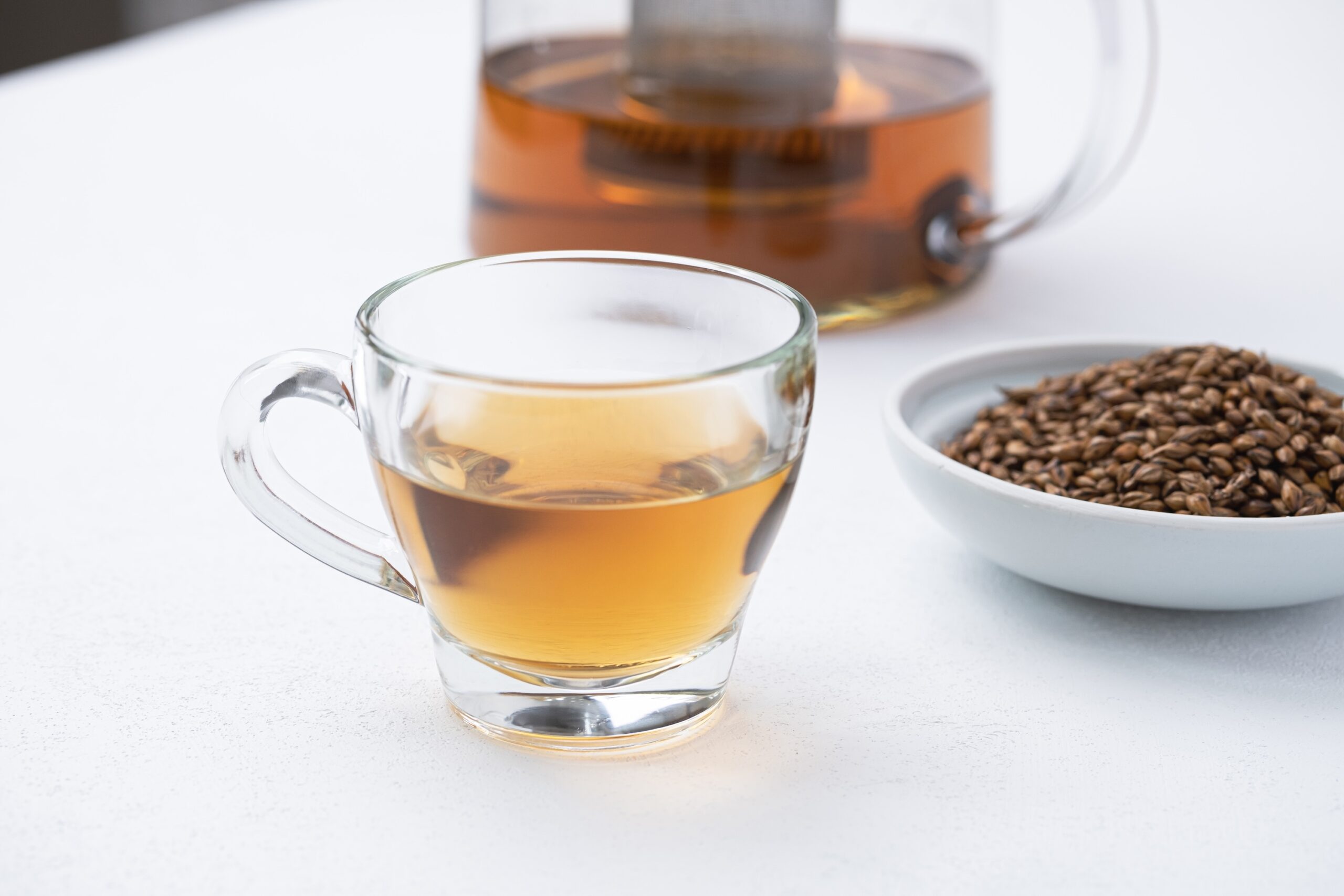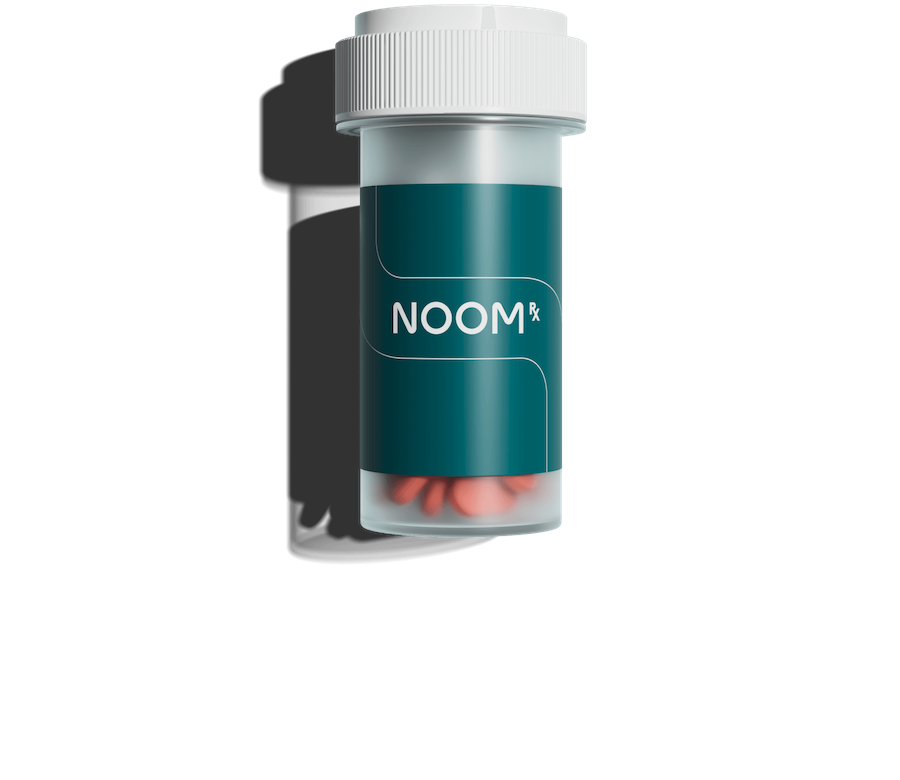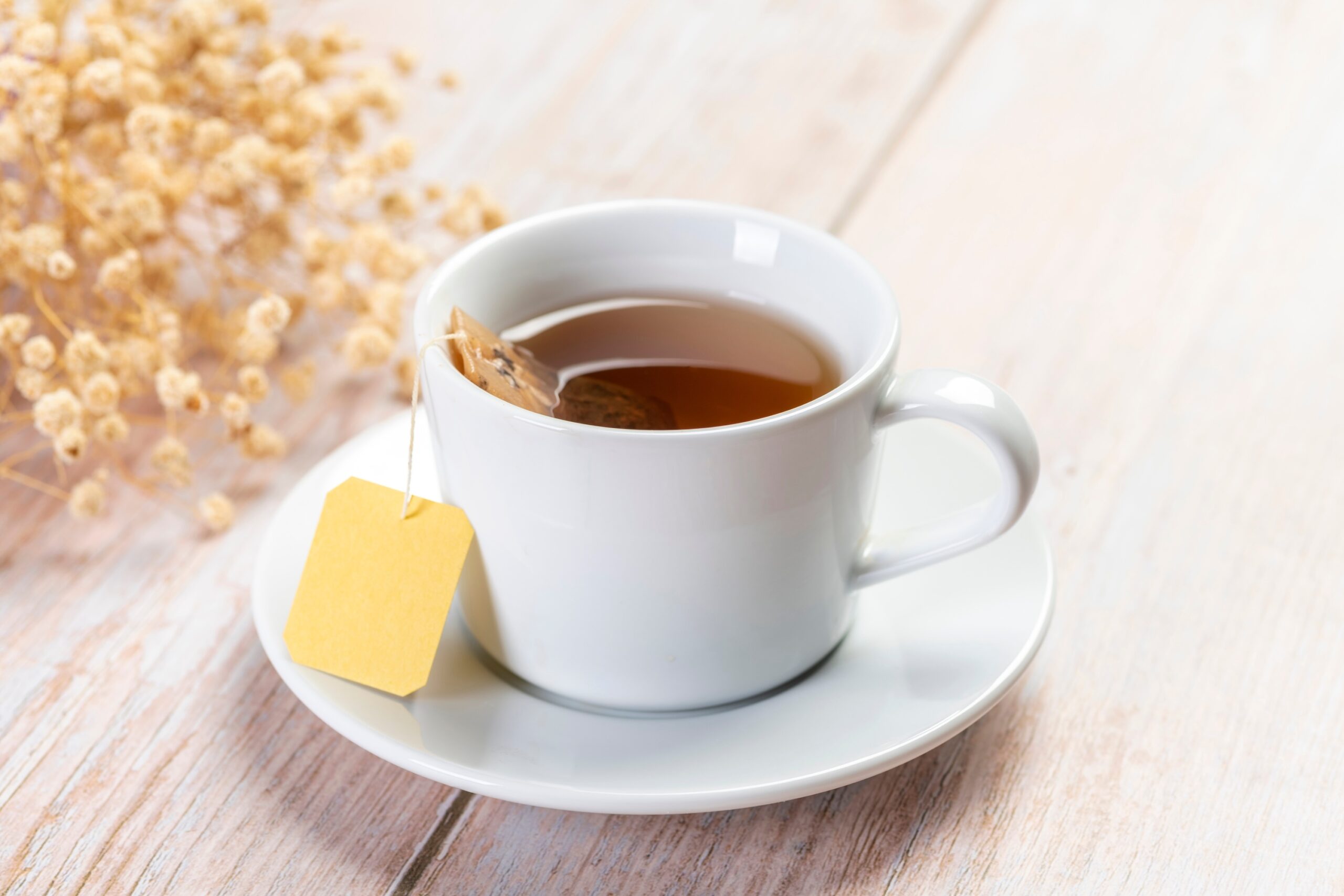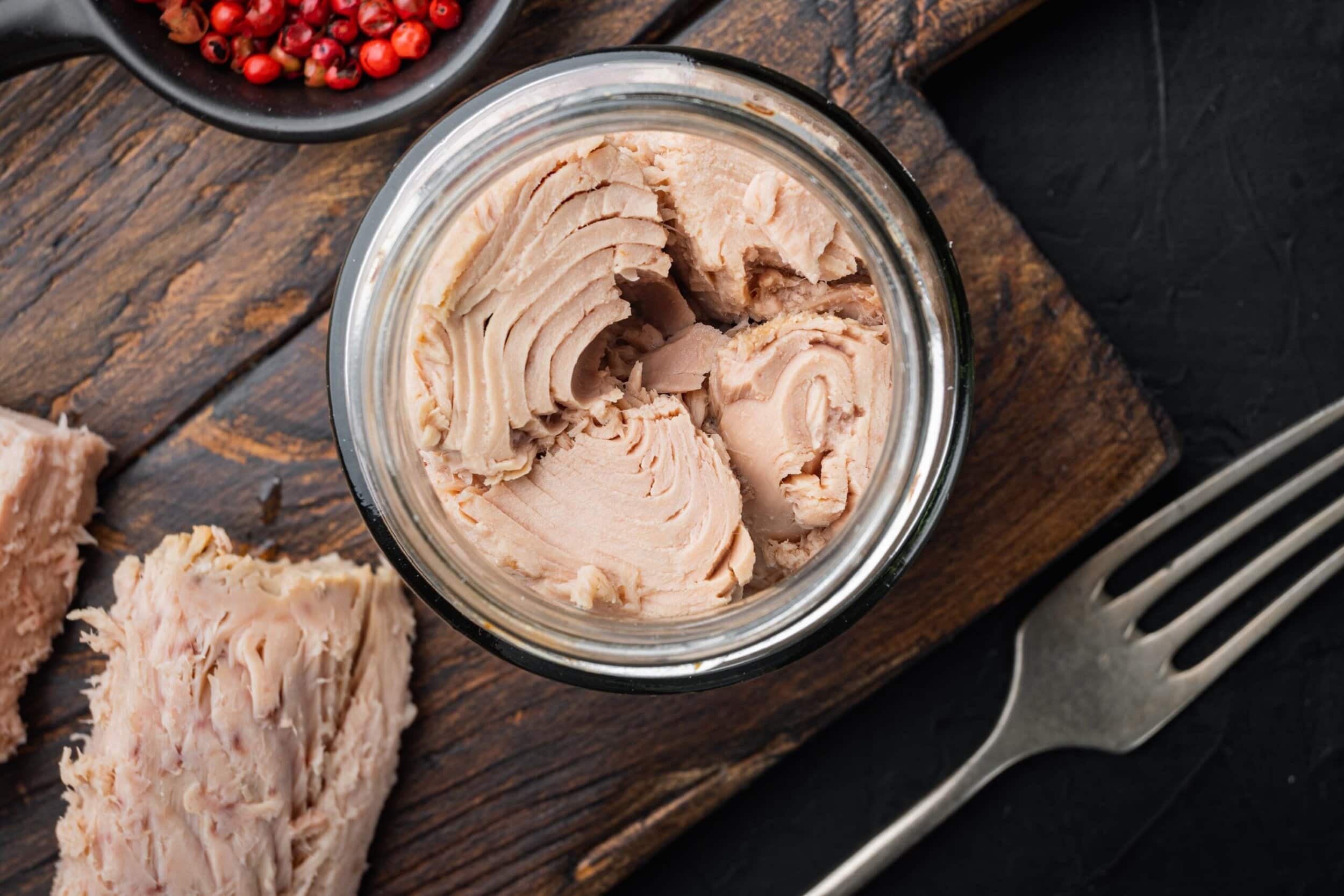What you’ll learn:
- Barley tea is hydrating, calorie-free, and a smart swap for sugary drinks—but it won’t burn fat or provide the fiber benefits of whole barley.
- The real weight-loss impact comes from replacing high-calorie beverages with barley tea while focusing on diet, movement, and sustainable habits.
- Enjoy barley tea for what it is—a flavorful, caffeine-free drink that fits into a healthy lifestyle, not a shortcut to weight loss.
Barley tea has been enjoyed for centuries in Japan, Korea, and China as a caffeine-free drink served both hot and cold. Traditionally, it’s thought to aid digestion as a warm beverage and help cool the body on hot days when chilled.
Recently, though, barley tea has been swept up in the wave of “weight loss drinks” trending online—joining the ranks of so-called “natural Mounjaro”, “ricezempic”, and the “pink salt drink”. Fans on social media claim barley tea can “burn belly fat” and help with weight management.
But does the science back up these claims? That’s where things get interesting.
“Barley tea has a long history as a traditional drink, but when it comes to weight loss, there’s often confusion between the benefits of the grain and the tea made from it,” says Dr. Karen Mann, MD, Noom’s Medical Director.
Let’s explore what barley tea is and why it’s become so popular, and what the research actually says about its role in weight loss.
We’ll separate fact from fiction, highlighting where barley tea fits into a healthy lifestyle—and where it doesn’t. We’ll also cover other potential health benefits, safety considerations, and even how to make barley tea at home.
The big question remains: Can this traditional, comforting drink really help you lose weight—or is it just another trend that sounds better than it is? Let’s take a closer look.
What is barley tea, and why is it popular?
Barley tea is a simple, caffeine-free beverage made from steeping roasted barley grains in water. It has a distinctly nutty, roasty, and smooth flavor with a mild aroma. Its earthy taste sets it apart from coffee or traditional teas, and it can be enjoyed either hot or iced.
For centuries, people across East Asia have sipped on barley tea not just for its roasted, nutty flavor but also for its potential health perks. Traditionally, it was thought to help with digestion, soothe the stomach, cool the body in hot weather, and even support kidney function. Some believed it had a gentle “cleansing” effect, especially when it came to easing minor digestive discomforts.
Fast forward to today, and barley tea is enjoying a comeback—this time as part of the modern wellness movement. More people are looking for caffeine-free alternatives to coffee or black tea, and barley tea checks that box while delivering a smooth, roasted taste. It’s also budget-friendly and easy to prepare, which makes it an appealing choice if you’re curious about traditional wellness practices but want something simple you can add to your daily routine.
Each culture has its own spin on barley tea:
- Japan’s mugicha is a nostalgic summer staple often served chilled
- Korea’s boricha is enjoyed year-round, both hot and cold
- China’s dàmài chá is a classic herbal infusion with a simple, nutty taste.
These regional traditions highlight just how versatile—and beloved—this drink has been for centuries.
Does barley tea help with weight loss?
Part of the reason barley tea has earned a reputation as a “weight loss drink” comes from the grain itself. Whole barley is packed with fiber and bioactive compounds linked to wide-ranging health benefits: it can support heart health by lowering cholesterol, help regulate blood pressure through its fiber content, stabilize blood sugar thanks to beta-glucan, and even feed your gut microbiome by acting as a prebiotic.
Here’s the catch: those benefits come from eating the grain, not drinking the tea. When barley is steeped in hot water, very little of its fiber or antioxidant compounds make it into your cup. A study on roasted barley tea confirmed that the brewed tea contained virtually no dietary fiber and only trace amounts of phenolic compounds. In other words, barley tea offers flavor and hydration, but not the same nutrient punch as whole barley.
That distinction is important when evaluating the claims you’ll see on social media. Let’s break them down:
Claim 1: The fiber in barley tea helps with weight loss.
Verdict: False.
It’s true that whole barley is rich in fiber, and eating it can help you feel full longer by slowing digestion. That “full-for-longer” effect is part of why barley supports weight management. But the tea itself doesn’t carry over that fiber—steeping just doesn’t extract it.
Claim 2: It’s a zero-calorie drink.
Verdict: True.
A plain cup of barley tea contains about four calories per serving, which the FDA allows to be rounded down to “zero.” Swapping it for soda, juice, or sweetened coffee can reduce your overall calorie intake, which does support weight loss. Just remember: unlike high-fiber foods, it won’t keep you full on its own.

Claim 3: Barley tea helps control blood sugar.
Verdict: False.
Some sources suggest that barley tea can help with diabetes or blood sugar regulation. Whole barley grain has been shown to improve insulin sensitivity and reduce post-meal spikes, largely thanks to its beta-glucan fiber. But once again, barley tea doesn’t contain enough of that fiber to have the same effect. The blood sugar benefits belong to the grain, not the drink.
“Barley tea is naturally caffeine-free, calorie-free, and hydrating, making it a smart substitute for sugary beverages. But it won’t deliver the same heart, gut, or blood sugar benefits you’d get from eating whole barley,” says Dr. Mann. “Enjoy it as a refreshing, low-calorie drink—not as a shortcut to weight loss.”
Is barley tea safe?
For most people, barley tea is considered a safe and healthy beverage. Still, there are a couple of things to be aware of before making it a daily habit:
- Avoid it if you are sensitive to gluten: Barley naturally contains gluten. While most of it is removed during the brewing process, trace amounts can remain. In fact, some barley tea products have been found to contain around 17 parts per million (ppm) of gluten. This is technically below the FDA’s gluten-free threshold of 20 ppm, but it can still pose a risk for people with celiac disease or gluten sensitivity.
- Choose a milder roast: Roasting barley at high temperatures can create acrylamide, a chemical that forms naturally in some plant-based foods and is considered a potential carcinogen. While the risk is low, you can minimize acrylamide levels by roasting barley more gently—at lower temperatures for a longer time—and aiming for a golden-brown color instead of a very dark, charred roast.

Rx weight loss, the right way, with Noom
Get access to prescription weight loss medication with Noom.How to make barley tea
One of the best things about barley tea is how simple it is to prepare—you only need water and roasted barley. You can brew it hot for a stronger, nutty flavor or steep it cold for a lighter, refreshing drink that’s perfect in the summer.
Pro tip: Choose unhulled barley if you can. The hull (the outer layer of the grain) is what gives the tea its signature roasted flavor and aroma.
Easy barley tea recipes
Hot brew method
- Roast the barley (if needed): Place raw barley in a dry pan over medium heat and roast for 10–15 minutes, stirring often, until the grains are dark brown and smell toasty. (Skip this step if you’re using pre-roasted barley.)
- Boil water: Bring 4 cups of water to a boil.
- Add barley: Stir in 2–3 tablespoons of roasted barley.
- Simmer: Reduce the heat and let it simmer for 5–10 minutes, longer if you prefer a bolder flavor.
- Strain and enjoy: Remove the grains and sip it hot—or let it cool, then refrigerate for iced tea. Enjoy your roasted barley tea!
Cold brew method
- Combine ingredients: Add 2–3 tablespoons of roasted barley (or 1–2 tea bags) to a pitcher.
- Add water: Pour in 4 cups of cold water.
- Steep: Refrigerate for 3–6 hours, or overnight for a deeper flavor.
- Strain and serve: Remove the barley or tea bags and enjoy your chilled barley tea.
Variations on barley tea
- You can find pre-roasted barley and tea bags in most grocery stores or online, which makes brewing faster and more convenient.
- Bottled versions are also widely available, especially in Asian markets, if you’d rather grab-and-go.
- For a flavor twist, some people like to blend barley with roasted corn for a slightly sweeter, more aromatic tea. You can also customize your cup with add-ins like a squeeze of lemon, a drizzle of honey, or warming spices such as cinnamon or cardamom.
Weight-loss tip: If your goal is calorie control, watch out for bottled barley teas with added sugars or sweeteners. Plain, unsweetened tea is naturally calorie-free and makes the best swap for soda or other sugary drinks.
The bottom line: Barley tea won’t help you lose weight outside a calorie deficit
Barley tea won’t directly cause weight loss and it doesn’t contain enough fiber to fill you up. But that doesn’t mean it has no place in a healthy routine. It’s naturally caffeine-free, virtually calorie-free, and hydrating, making it a smart swap for sodas, juices, or sugary coffee drinks.
The truth is, there’s no such thing as a single weight loss drink. The real benefit of barley tea—and other unsweetened beverages—is that they support hydration while replacing less healthy options. Over time, that simple shift can have a powerful ripple effect.For most people, barley tea is perfectly safe to enjoy in moderation. But lasting weight loss comes from a bigger picture: pairing balanced nutrition, regular movement, and sustainable habits. That’s where Noom comes in—we focus on the science of behavior change, not quick fixes or fad diets, so you can reach your goals in a healthy, lasting way.
Why you can trust us
At Noom, we’re committed to providing health information that’s grounded in reliable science and expert review. Our content is created with the support of qualified professionals and based on well-established research from trusted medical and scientific organizations. Learn more about the experts behind our content on our Health Expert Team page.











 Noom Team
Noom Team
 Shoshana Fishbein
Shoshana Fishbein


 Meaghan Cameron
Meaghan Cameron